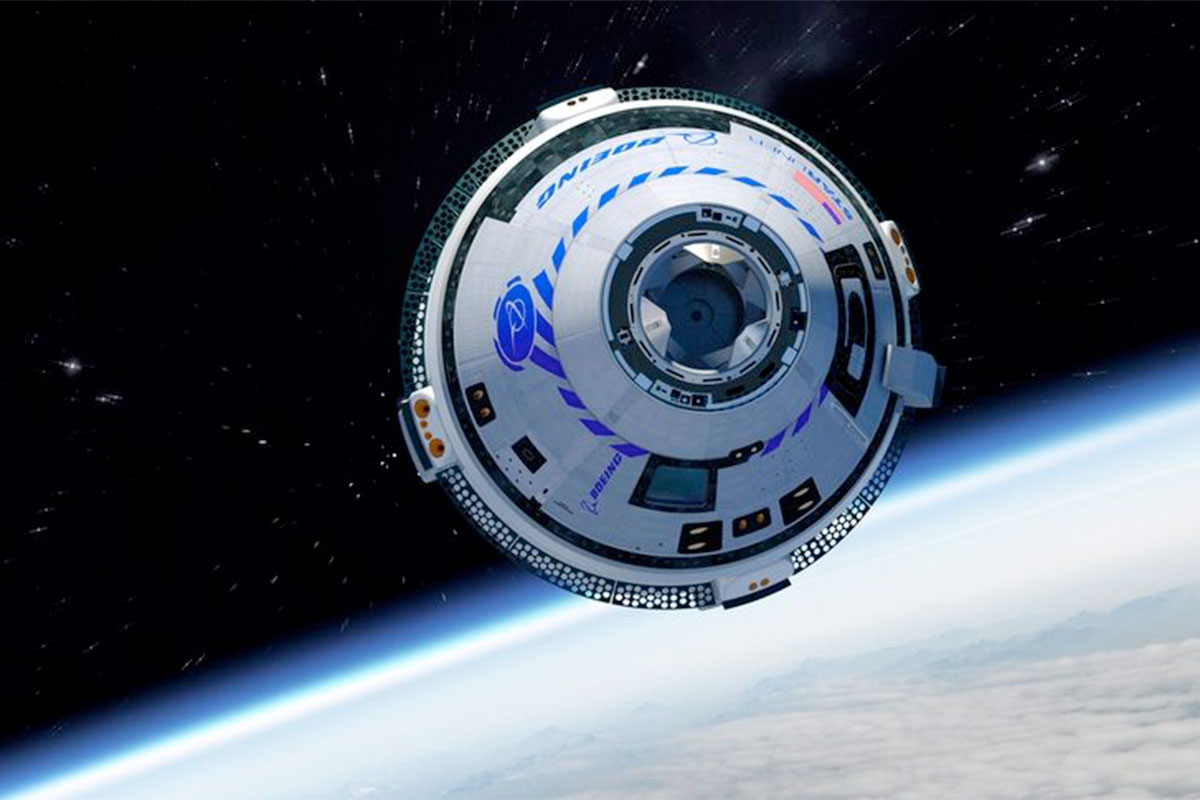NASA mission touches down on Moon aboard Firefly Aerospace lander
The data captured could also benefit humans on Earth by providing insights into how space weather and other cosmic forces impact Earth.
On December 20, 2019, Boeing conducted its first uncrewed flight test on Boeing’s CST-100 Starliner capsule.

NASA said it still intends to conduct the needed oversight to make sure those corrective actions are taken. (Photo: Boeing)
After last year’s failed attempt, Boeing has again decided to refly its commercial passenger space capsule called Starliner to the International Space Station (ISS) for another uncrewed flight test for NASA.
Although no new launch date has been set, NASA on Monday said it has accepted Boeing’s proposal to fly the mission again and will work side-by-side with the company to resume flight tests to the space station as part of the agency’s Commercial Crew Programme.
Advertisement
“Flying another uncrewed flight will allow us to complete all flight test objectives and evaluate the performance of the second Starliner vehicle at no cost to the taxpayer,” Boeing said in a statement adding that it will then “proceed to the tremendous responsibility and privilege of flying astronauts to the International Space Station.”
Advertisement
As per The Washington Post, Boeing has confirmed that it is planning to conduct the flight in fall.
The Starliner is Boeing’s contribution to NASA’s project called Commercial Crew Program. The project aims to develop new private spacecraft that can transport NASA astronauts to and fro from International Space Station. For the past six years, Boeing has been working on Starliner. On December 20, 2019, Boeing conducted its first uncrewed flight test on Boeing’s CST-100 Starliner capsule. The spacecraft did not dock with the space station as planned as the spacecraft did not enter into the intended orbit.
The spacecraft, however, successfully landed two days later.
The company plans to use the data from the next and previous flight test as part of NASA’s process of certifying Boeing’s crew transportation system for carrying astronauts to and from the space station.
If Boeing would have proposed a crewed mission as the next flight, NASA would have completed a detailed review and analysis of the proposal to determine the feasibility of the plan. However, the second uncrewed flight does not relieve Boeing from completing all the actions determined from the joint NASA/Boeing independent review team, which was commissioned following the flawed initial flight.
NASA said it still intends to conduct the needed oversight to make sure those corrective actions are taken.
A NASA probe into Boeing’s first uncrewed space flight found problems with the company’s software.
NASA selected SpaceX and Boeing to create integrated spacecraft, rockets and associated systems to carry astronauts on NASA missions in September 2014. SpaceX’s Crew Dragon capsule earlier completed its unmanned flight test to the space station.
Advertisement